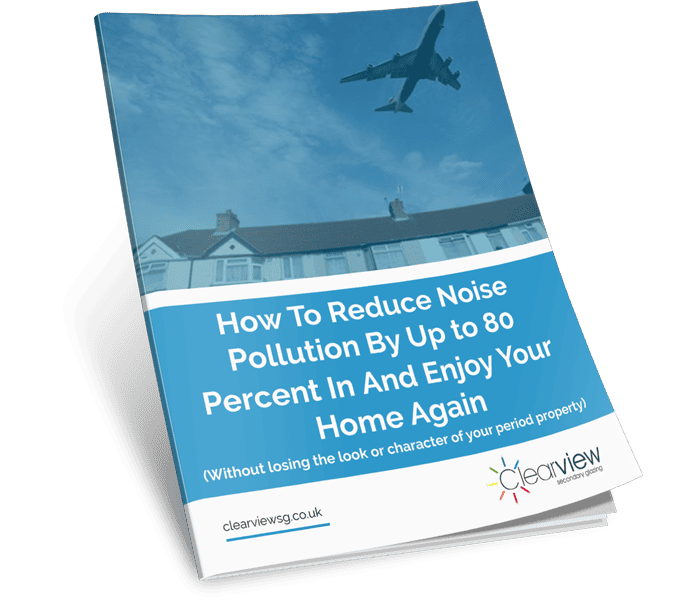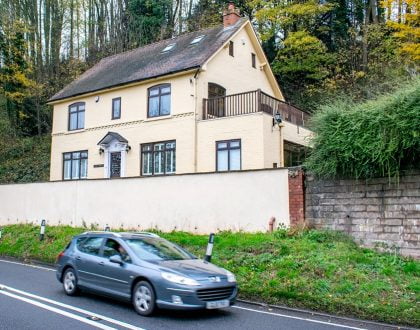How to Reduce Traffic Noise Pollution in Your Property

Transport links can be hugely convenient for your property, whether it’s an office or your home. Unfortunately, this comes with a clear downside – namely, noise pollution. Living or working near roads can mean a constant stream of noise from car horns, engines and even sirens.
Needless to say, this is both frustrating and distracting, making it seemingly impossible to work, rest or just go about your daily life. The good news is, there are ways to fix it. Read on as we discuss noise pollution from traffic and how to stop it taking over your life.
How much noise does traffic make?
Don’t worry – you’re not exaggerating when you complain to your friends, neighbours or colleagues about the problem. Road traffic really does generate a lot of noise.
In 1978, a limit of 82 decibels was put on new cars, which has been progressively reduced to 74 decibels. There are similar limits on motorbikes and mopeds. Even when these limits are adhered to, however, cars driving past your property will produce more noise than your average vacuum cleaner does close up. When exposed to that noise for more than 8 hours a day, it’s enough to cause damage to someone’s hearing.
It gets worse when you consider car horns and sirens, which can be even louder than the ongoing flow of traffic and rumbling of engines. Emergency service sirens need to be heard by all other road users, so they can clear the way for ambulances, fire engines and police vehicles. In order to do so, they reach volumes of around 110 decibels, which is easily enough to cause hearing loss.
Decreased productivity, increased stress
It’s not just hearing problems that arise from noise pollution. Studies have shown that noise decreases productivity – whether it’s in the office or working from home – as well as having an affect on blood pressure, pulse pressure and heart rate.
On top of that, there are a range of negative effects that arise from a lack of sleep as a result of noise pollution. Stress levels, cognitive performance and general well-being are all impacted when people are regularly disturbed from a good night’s sleep.
How to reduce traffic noise pollution
Even with a roadside location, unwanted noise finds a way into your property to cause these disturbances. Inefficient windows, such as single glazing, are a common point of entry for intrusive noise. Even with double glazed windows, tiny gaps in the window frame can reduce noise insulation levels by as much as 10 decibels.
Secondary glazing is an effective way to improve window sound insulation and reduce intrusive noise levels. By adding a greater cavity between panes, the secondary unit creates an independent noise barrier. This is more effective than existing double glazing, because the structure has a lack of uniformity to improve sound wave dissipation.
With the right specification of secondary glazing and acoustic glass, it’s possible to achieve a reduction in excess of 50 decibels. That’s enough to turn the noise of a passenger car into a gentle 20 decibel whisper.
Want to find out more about the benefits of secondary glazing? Take a look at Clearview’s DIY secondary glazing kits and secondary glazing installation service.

Discover How To Reduce Noise Pollution By As Much As 80%
Is noise disturbing peace in your home? The good news is there is a solution. Our free guide explains how “How To Reduce Noise Pollution By as much as 80%… …And Enjoy Your Home Again”
Simply enter your name and email below and we will send a free copy straight to your inbox.
Recommended Posts

A Quick Guide to Sound Proofing Windows
15/01/2020


